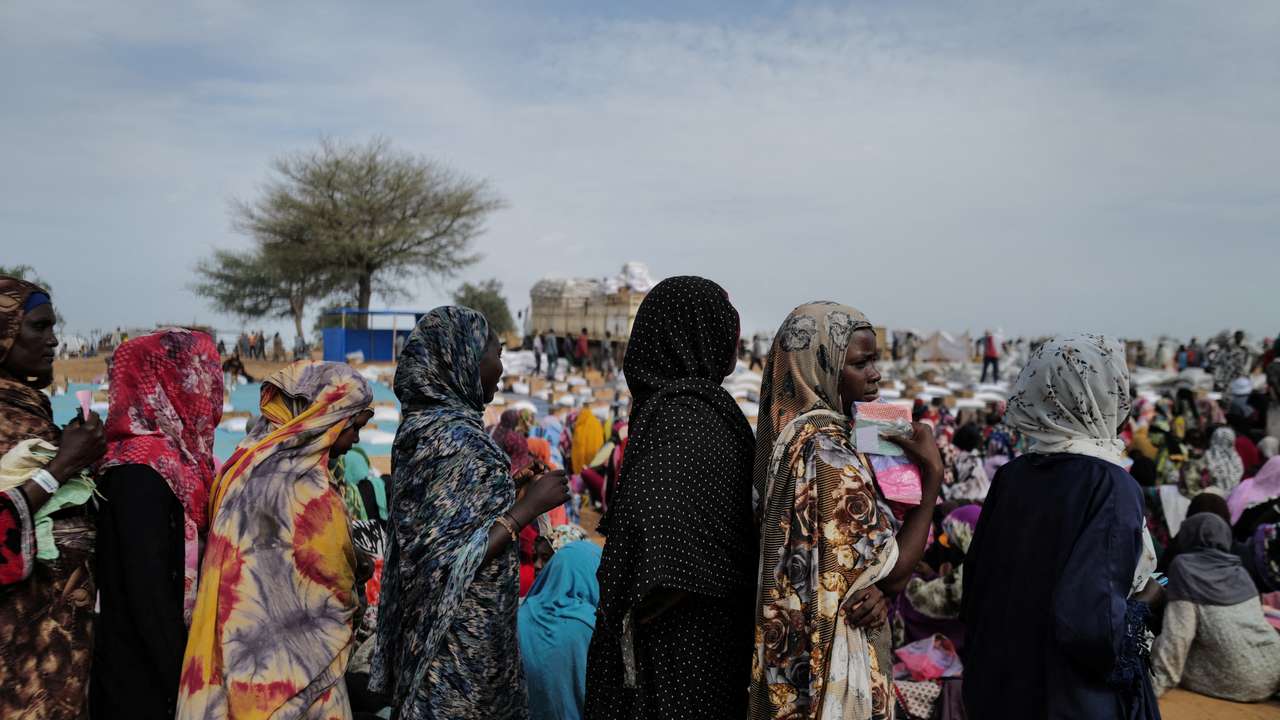UN warns of severe humanitarian crisis in Sudan as fighting continues

The humanitarian situation in Sudan continues to deteriorate due to ongoing fighting, mass displacement, and worsening health conditions, a United Nations spokesperson has warned.
Stéphane Dujarric, spokesperson for the UN Secretary-General, reported sustained artillery attacks on civilian areas in El Fasher, North Darfur, including the Abu Shouk displacement camp. Civilian casualties are being reported daily, with shelling intensifying at night.
In South Kordofan, renewed fighting in Dibebad forced around 2,800 people, mostly women and children, to flee last week. Many are now scattered across Al Quoz locality and into West Kordofan, with limited access to basic services. Conditions in the state capital, Kadugli, have significantly worsened amid heavy shelling and restricted humanitarian access, the Sudan Tribune reports.
Authorities in Northern State said 6,000 people displaced from North Darfur, Khartoum, and West Kordofan arrived in Dabbah locality between May 12 and 22.
Health conditions are also deteriorating, with Dujarric noting an 80% rise in suspected cholera cases in Khartoum over the past two weeks, now exceeding 8,500. The World Health Organisation has delivered supplies, but “much more is needed,” he said. An inter-agency assessment also identified widespread respiratory infections, malaria, and skin conditions, driven by inadequate shelter, sanitation, and access to clean water.
With the rainy season looming, the UN and partners are working to preposition aid, establishing storage hubs in Geneina, Nyala, and Tawila in Darfur. Cross-border operations from Chad will support West and Central Darfur.
Around 250,000 children in North Darfur have lost access to education since the war began in April 2023. Humanitarian partners have only reached 14% of the targeted children due to insecurity and lack of funding.
The UN renewed calls for “increased, flexible and timely funding” and “unimpeded access” to ensure aid reaches those most in need across the country.